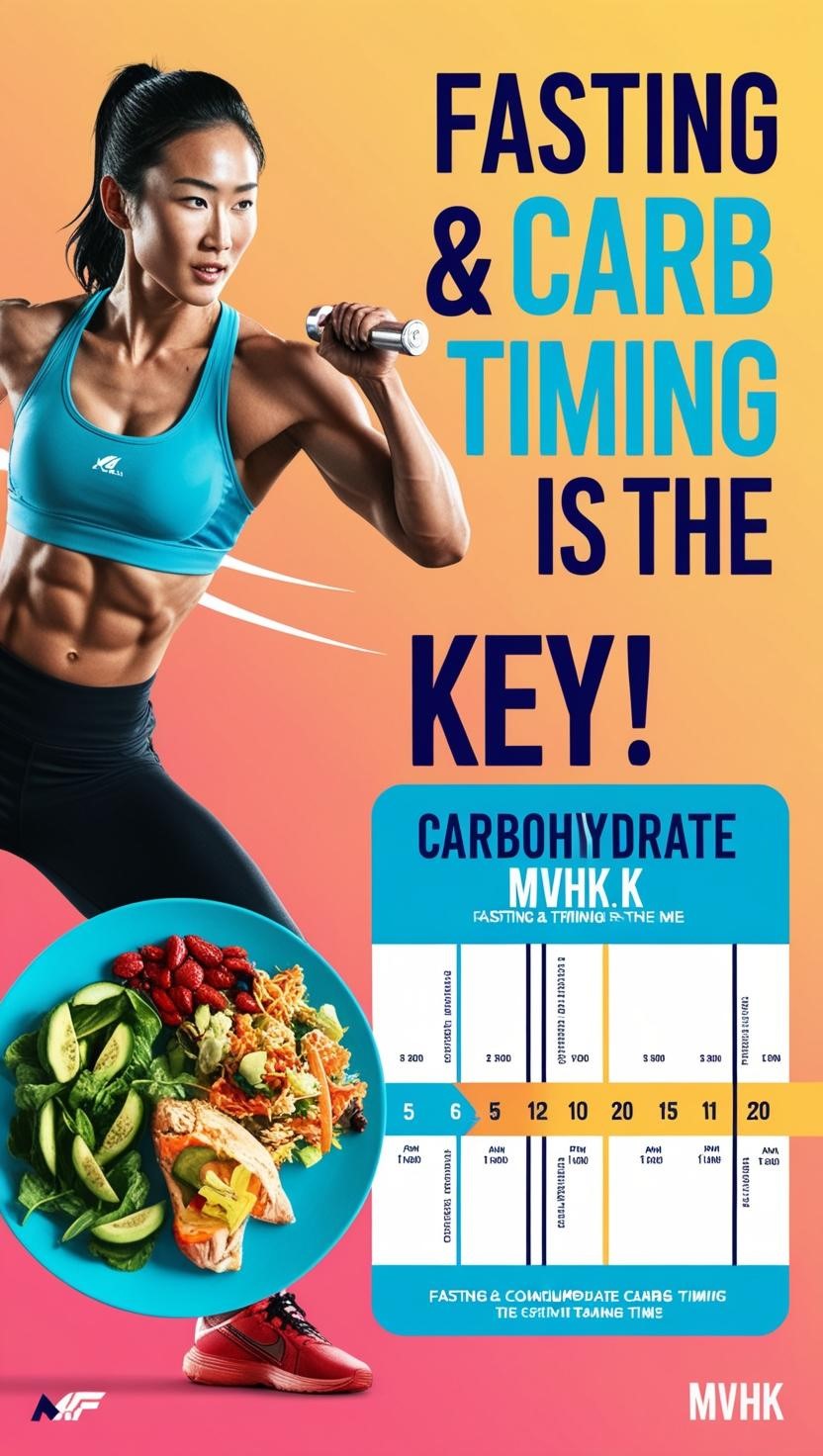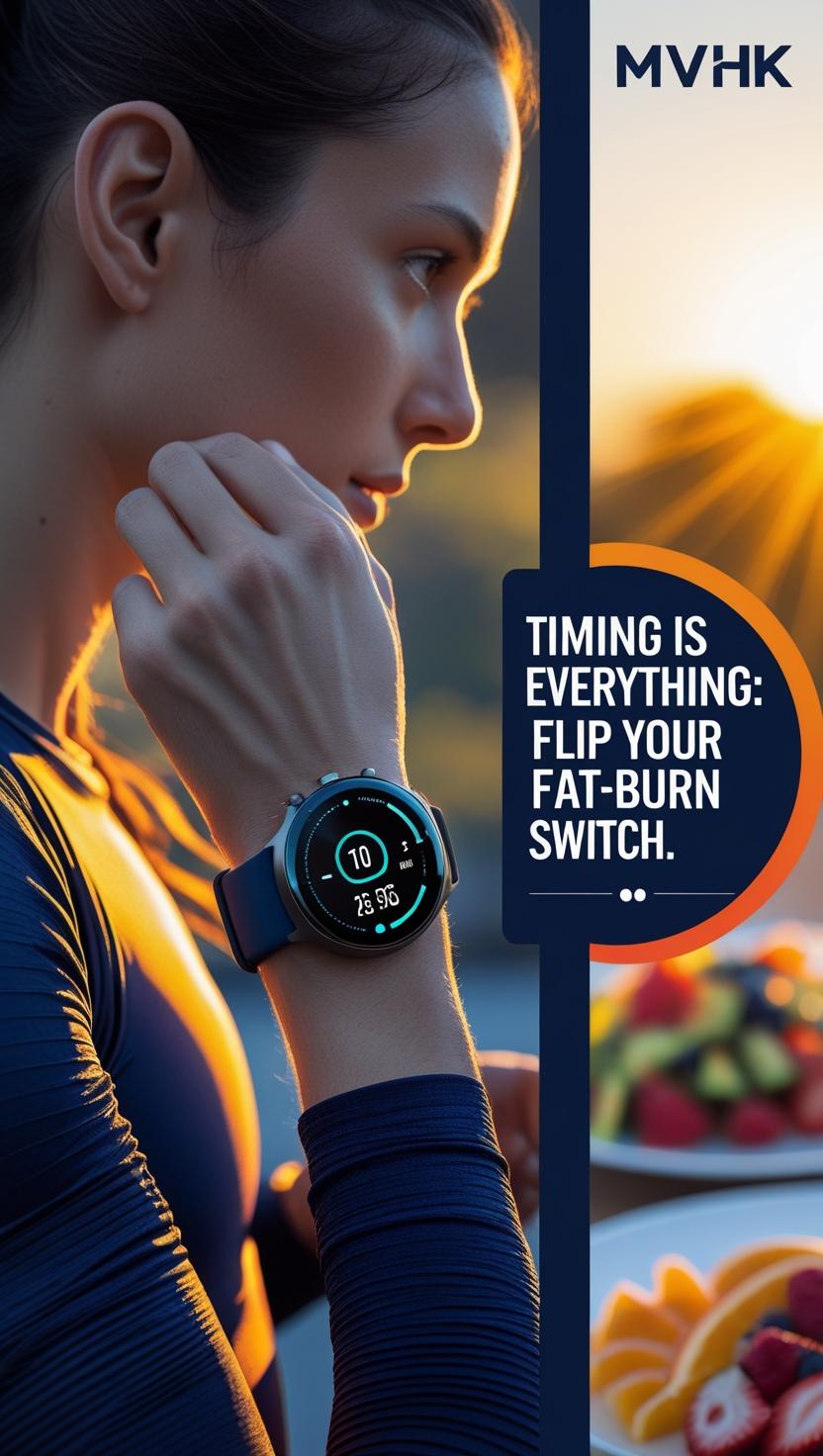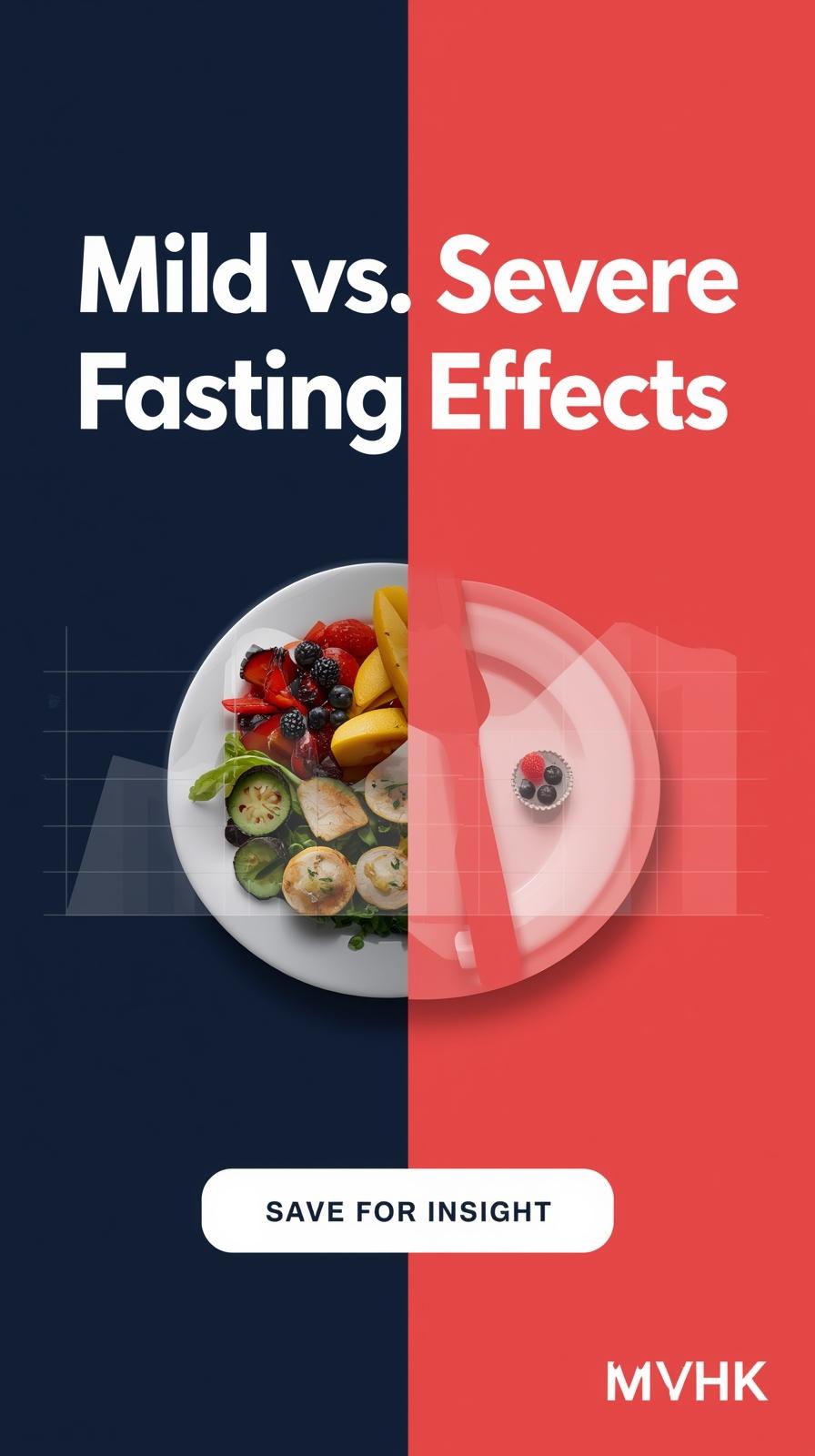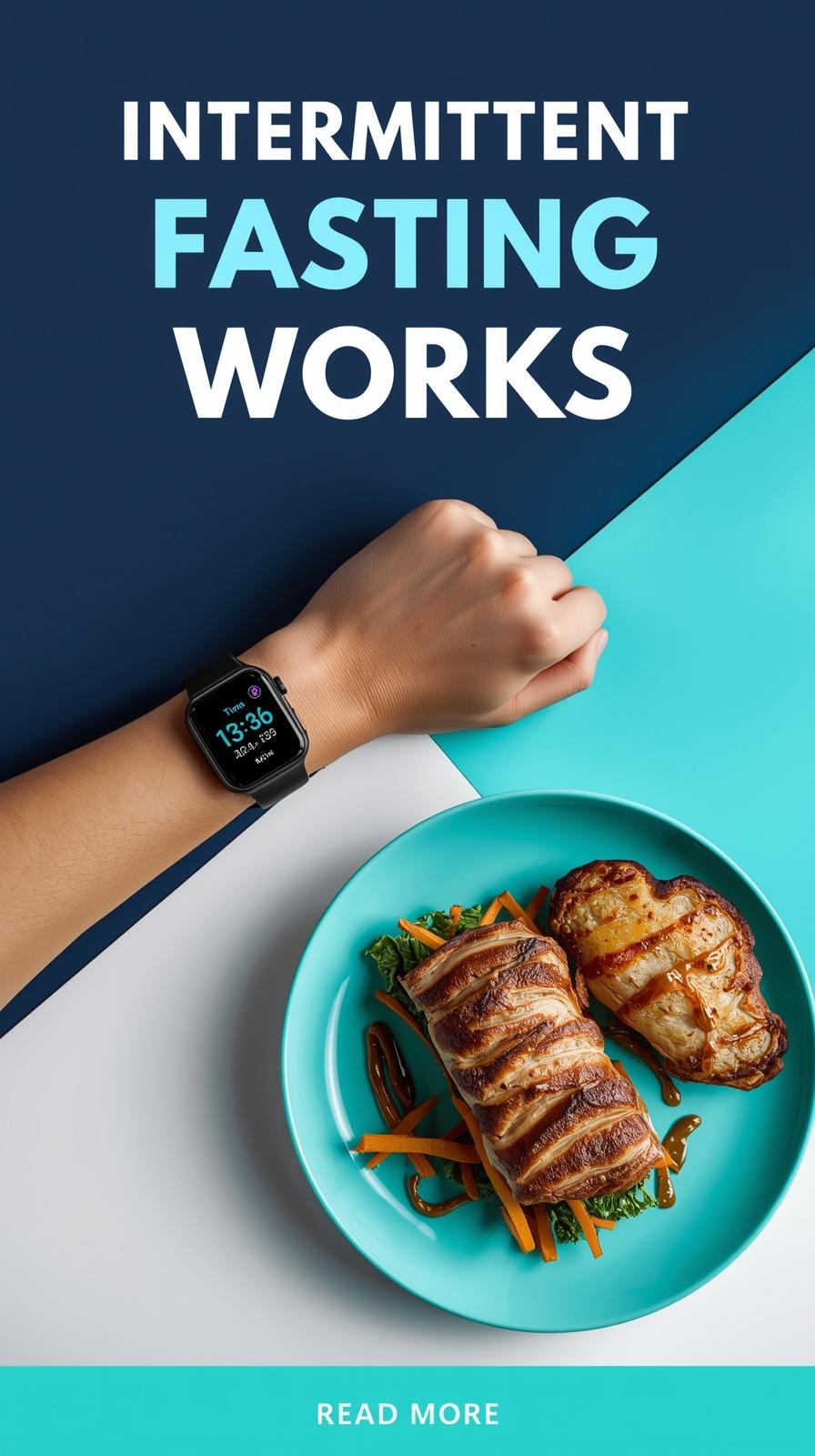Carb Timing & Fasting: Maximize Your Energy for Peak Performance!
Intermittent fasting is a powerful tool for fat loss, mental clarity, and overall health. But what if you’re an athlete or fitness enthusiast who wants to maintain peak performance while fasting? The key lies in carb timing—strategically consuming carbohydrates to fuel workouts without sabotaging fasting benefits.
In this guide, we’ll break down the best ways to time your carbs for optimal energy, endurance, and strength.
1️⃣ Why Carb Timing Matters in Fasting
Carbohydrates are the body’s primary source of quick energy, but fasting changes how the body utilizes fuel.
- Fats & proteins provide steady energy: In a fasted state, your body relies on fats and proteins for fuel, preserving glycogen stores.
- Carbs fuel explosive workouts: While fats provide endurance energy, carbohydrates are essential for high-intensity exercise and muscle recovery.
- Mismatched carb intake can lead to energy crashes: Consuming carbs at the wrong times can cause sluggishness or an early depletion of glycogen, leading to poor athletic performance.
2️⃣ How to Structure Carb Timing for Optimal Performance
To avoid energy dips and muscle fatigue, here’s how to time your carbs strategically:
🍳 Morning: Prioritize Fats & Proteins
- Why? Eating fats and proteins in the morning helps keep insulin levels stable and promotes fat oxidation.
- What to Eat? Eggs, avocado, nuts, Greek yogurt, and lean meats.
- Avoid: High-carb breakfasts that spike insulin early in the day, leading to a crash.
🏋️ Pre-Workout: Smart Carb Loading
- Ideal timing: Consume carbs 1–2 hours before a workout to top off glycogen stores.
- What to Eat? Whole grains, fruits, sweet potatoes, or rice.
- Why? Carbs taken pre-workout fuel high-intensity efforts and prevent early fatigue.
💪 Post-Workout: Replenish Glycogen Stores
- Best window: 30–60 minutes after training to support muscle recovery.
- What to Eat? A balance of protein and carbs, such as a protein shake with banana or chicken with quinoa.
- Why? Helps muscle repair and growth while maintaining fasting benefits.
🌙 Evening: Low-Carb & Protein Focus
- Why? Eating lower carbs at night helps maintain insulin sensitivity and promotes overnight fat burning.
- Best foods: Lean protein, fibrous vegetables, and healthy fats.
- Avoid: High-carb, processed foods that disrupt blood sugar levels before sleep.
3️⃣ Common Mistakes to Avoid
🚫 Training at the start of fasting – Glycogen stores are low, leading to fatigue and muscle loss. 🚫 Eating too many carbs too soon – Spikes blood sugar and disrupts fat adaptation. 🚫 Skipping post-workout carbs entirely – Slows muscle recovery and reduces performance over time.
Conclusion: How to Get Started Today
Want to optimize fasting and performance? Follow these steps:
1️⃣ Track your fasting and training schedule. 2️⃣ Adjust carb intake based on workout intensity. 3️⃣ Prioritize fats & proteins during fasting periods. 4️⃣ Consume strategic carbs before and after training.
With the right carb timing strategy, you can maximize both fasting benefits and athletic performance!
- Harvard Health: The Science Behind Carb Timing
- PubMed Study on Intermittent Fasting and Athletic Performance
FAQ Section:
Can I work out while fasting?
Yes! Low-intensity workouts are fine while fasted, but for high-intensity training, consume carbs pre-workout.
What is the best time to eat carbs for muscle growth?
The best time is post-workout, within 30–60 minutes, to replenish glycogen and support recovery.
Will eating carbs break my fast?
Yes, consuming carbs (or any calories) technically breaks a fast. However, the key is when you reintroduce carbs to maximize benefits.
Ready to take your fasting and fitness to the next level? Start optimizing your carb timing today! 🚀






